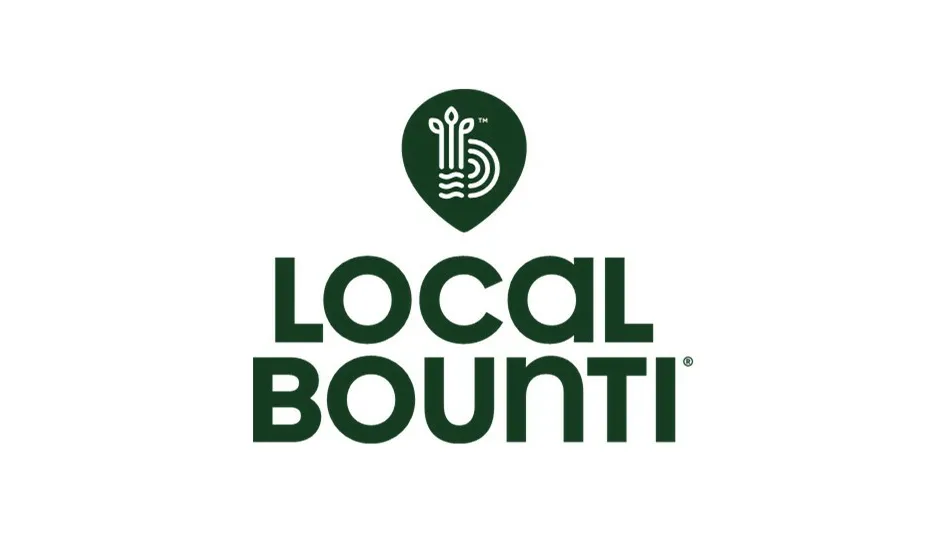
Even before 2009, when Frank Yiannas, the former Deputy Commissioner for Food Policy and Response of the FDA, published his book “Food Safety Culture: Creating a Behavior-Based Food Safety Management System,” many food safety professionals were already tackling the difficult task of building and sustaining a culture focused on people valuing, prioritizing and improving food safety principles and processes. Like “safety culture” and “people culture,” we now have the words to collectively talk about this work and align on the attributes that make up food safety culture.
With all the hype around it, it leads one to wonder — is food safety culture just a buzzword?
Given limited resources and the nuances of human behavior, organizations often tackle food safety culture as a side project, using the same tools they’ve used for continuous improvement, only to realize the journey is slow-going. This lack of progress frustrates people, causing disengaged team members. Therefore, when we hear companies talk about their work on food safety culture, it seems like smoke and mirrors.
Let’s be clear. Food safety culture is not just a buzzword. Food safety culture is the foundation for any food company’s promise to protect public health. From all the reported illnesses and recalls, we know there is work to be done to improve food safety culture. However, it can’t be all smoke and mirrors.
It may be time for you to use a different approach.
Traditionally, organizations have used problem-solving and efficiency tools to solve culture issues, starting with surveys and training. These tools are powerful, but they ask for information instead of encouraging dialogue to understand values, beliefs and norms. Talking about values and their alignment with the organization can be tricky. That’s why Gallup repeatedly says improving engagement (aka culture) starts with the manager developing new skills to engage people better.
From all the reported illnesses and recalls, we know there is work to be done to improve food safety culture. However, it can’t be all smoke and mirrors.
Gallup research finds that focusing on developing your people leads to a 50-point increase in employee engagement over a three-year period, 25% growth in workforce over a three-year period and 85% net profit increase over a five-year period. Not focusing on people will prevent you from achieving the culture you desire.
To shift food safety culture from a buzzword to reality at your organization, start with these three things:
1. Give your people the right tools to lead. The typical offerings for leadership development are often too general, and many are geared toward operational groups. Technical experts need leadership development specifically for navigating the technical leadership landscape — from fundamentals to highly strategic work — that integrates food safety into the inner circle where decisions are made.
2. Develop a coaching culture. Coaching is a powerful tool shown to improve working relationships, teamwork and overall job satisfaction. Organizations that have used coaching as a tool see improved organizational strengths and increased cost savings and profits, says the Manchester Review. Coaching leans into thought-provoking and creative processes that inspire people to maximize their personal and professional potential, reports ICF. This process gives people the permission to lean into their gifts to be authentic leaders.
3. Ask for help. Most food safety and quality professionals wear multiple hats, do the work of more than one person and are just keeping their heads above water. There is no more capacity for them to input the required time and effort toward culture change. Adding this work to an already overloaded leader’s priority list most likely will lead to burnout, and, according to Gallup, burned-out employees are nearly three times more likely to leave their employer. Partner with experienced coaches to develop your team and support improving food safety culture.
Food safety culture is a term that continues to create buzz, but it is not just a buzzword. By focusing on your people first, not only will your team start to believe in food safety culture, but you will also start to make meaningful progress towards your ideal state.

Explore the July August 2023 Issue
Check out more from this issue and find you next story to read.
Latest from Quality Assurance & Food Safety
- Natural Sourcing International Announces Voluntary Recall of Black Chia Seeds
- PTNPA's DC Fly-In Connects Members with Policymakers
- Breck Partners Acquires NPX One
- Agilent Technologies and ICAR-National Research Centre for Grapes Partner to Enhance Food Safety Standards
- USDA, HHS Announce New Actions to Reduce Impact and Spread of H5N1
- Cornell Dairy Foods Extension Offers Membrane Processing Workshop
- HEMCO Releases Cabinet for Flammable Storage
- Food Safety Summit Keynote Focuses on Food Safety Leadership





